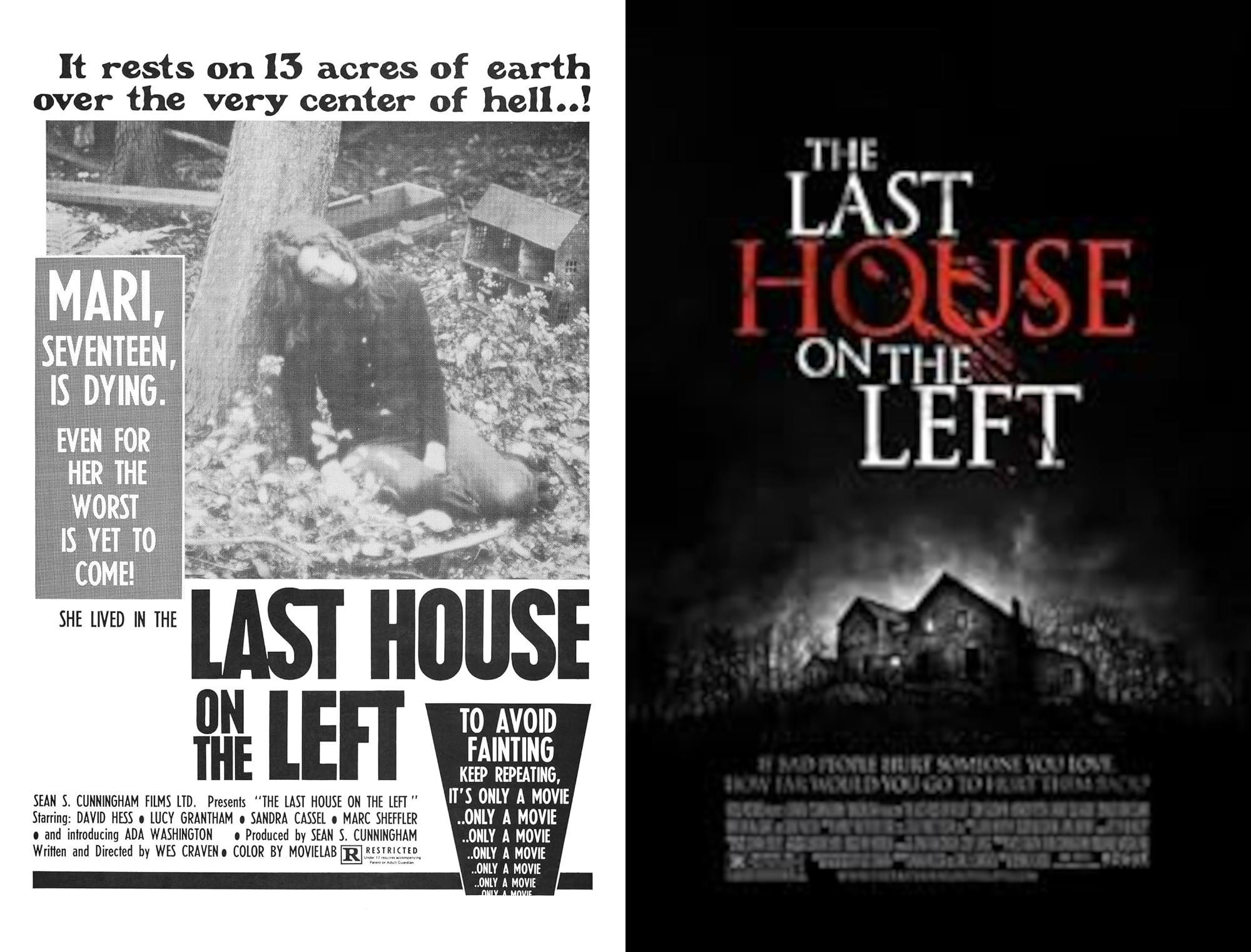
WARNING: This Review May Contain Spoilers
So here we are again, the proof of a lack of imagination in the noughties film industry meaning that they decided to remake old horror films. Today’s victim is straight from the 1970s and the mind of one Wes Craven’s (not for the first time and, I’m sure, probably won’t be the last) – The Last House on the Left….
Too Close to Home
This is actually why I think the original film has one up on the remake. I know I go on and on about isolation being a big part of horror but both films have that by being ‘the last house on the left’ – there’s no one else around. So, why the need to double down by putting the Collingwood family on holiday? Either way, both Maris are being kept close to where they’re living/staying but there’s something creepier about being meters from your actual home and being unable to get back.
Rape Scenes
Of course these scenes are never going to be comfortable, take Evil Dead for example. Having said that, it is normally the actual incident that makes the scene unwatchable instead of the post-rape reaction. Let me explain. I find the reaction of the original Mari to being raped is really unnatural in comparison to that of the remake. She basically just stands up and buttons up her jeans – almost as if it was just a moment of casual sex in the middle of a forest. Whereas, the remake Mari, to me, reacts more naturally by grabbing a rock and smashing it against Krug’s head before making her escape… which leads me to the next bit…
Dead or Alive
I just want to reiterate the ‘May Contain Spoilers’ warning at the beginning of this article – more for the remake than the original. In both versions of the film Mari’s friend – whether that be Phyllis or Paige – ends up dead. However, the fate of Mari is not so clear cut. Both versions of the character are shot by Krug as they try to make their escape, and the audience is led to believe that Mari is dead in both cases. Well, here comes the twist! Yes, in the original film Mari is dead (well, Krug does shoot her several times) – the discovery of her body driving her parents to revenge and ultimately killing the perpetrators. In the remake on the other hand, Mari survives – dragging herself to holiday home to be discovered by her parents, her injuries sparking the flames of revenge on this occasion.
Comedy of Errors
I think this is an element of the 1970/80s – the comedic light relief in what is, for all intents and purposes, a dark film (I’m not going to refer to it as scary because it isn’t). In this case, the comedy focus is on the police and quite how inept that they are at finding Mari – like the fact that they walk straight past the car they’re supposed to be looking for when leaving the Collingwood household. Truthfully, I’m not sure any of it is meant to be laugh out loud funny but when they are arguing with Ada about dropping chickens off the truck so she can drive them, I couldn’t help myself because it was just so silly.
Conclusion
I actually quite liked both films! I know that’s so rare but they had different qualities and the remake didn’t try to go over the top like a lot of noughties remakes have done. Yes, it’s more violent but then again, I might feel that way because the original didn’t turn out to be as violent as I expected.


